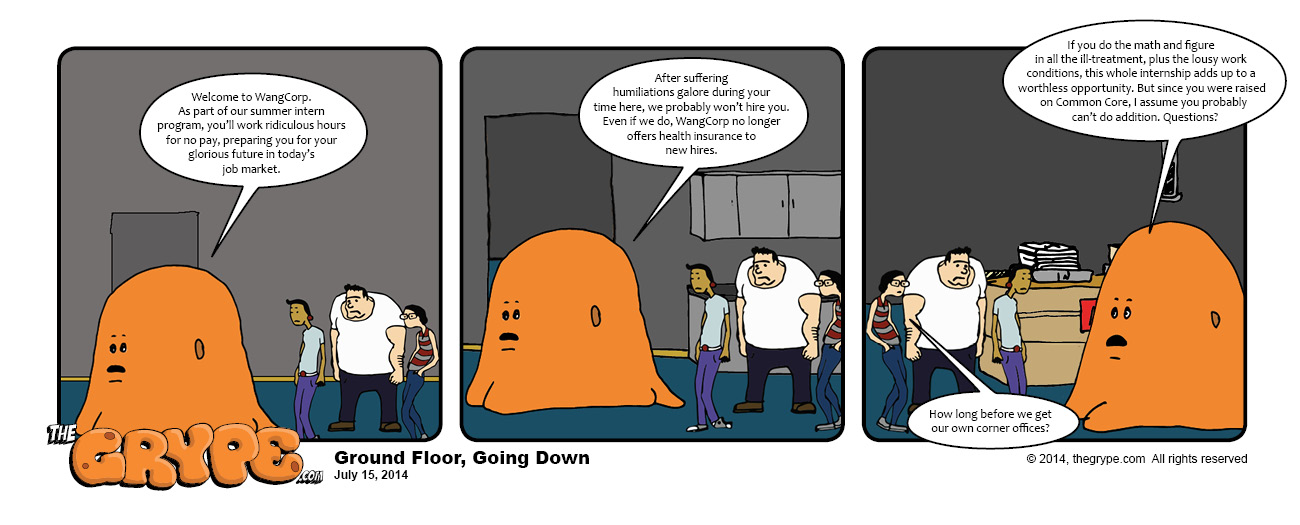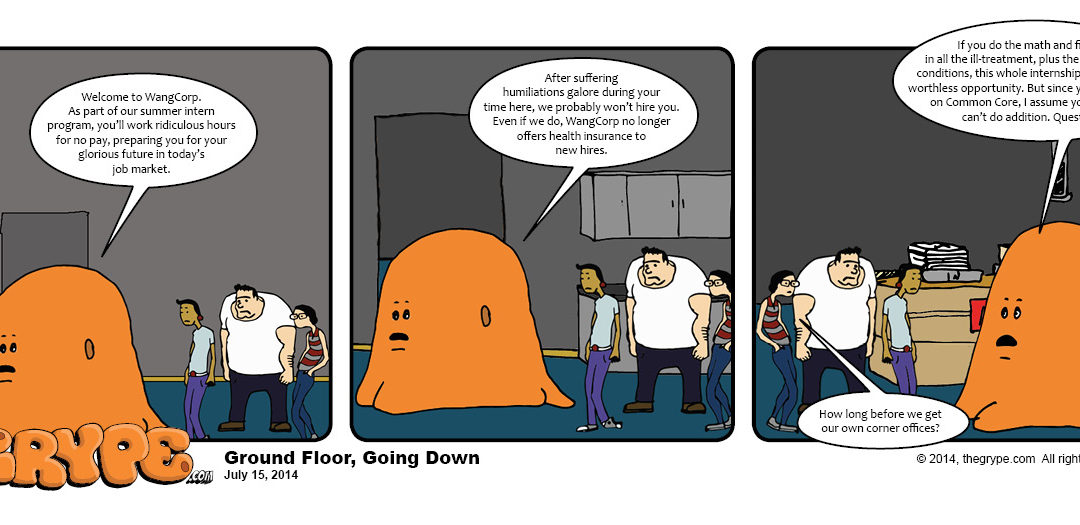
Many Americans remain up-in-arms over the recent Supreme Court Hobby Lobby decision; at least the ongoing barrage of angry memes inundating my social media seems to indicate that. So maybe it might not be too out-of-line for me to hazard a few more words on that topic.
Now… if employees of a business want to spend a portion of their paycheck on birth control (or whatever), on their own time, after the paycheck has been cashed— I don’t see the employer trying to stop them (unless that employer is a religious terrorist, in which case, jail the bastard). It’s when said employer is compelled by force of law to PROVIDE a benefit to their employees that directly contravenes the religious beliefs of the company owner— THEN I see the problem.
But the SCOTUS Hobby Lobby ruling only makes any sense because an exemption had ALREADY been made for purely religious groups. So the precedent is there to cite religious beliefs as a reason to be excused. The real slippery slope is in determining what “religious beliefs” are formalized with enough provenence to be determined legitimate and binding, versus “I personally feel God doesn’t want me to do so-and-so.”
“I believe God doesn’t want me to pay income taxes.” “I believe God wants me to marry a ten-year-old child.” “I believe God wants me to requisition my neighbors goods and chattel and burn down his house with cleansing fire.” Once you accept “religious belief” as a mitigating factor to the law, you had BETTER draw a serious line between what is legitimate and what is not. The recent ruling blurs that line. But it does point up the danger of allowing religious groups— ANY of them— an exemption in the first place.
No special laws, be they beneficial or detrimental, because of your religion. That’s what the Constitution says. That’s how it protects us from being preyed upon by either the religious or the anti-religious. Or, equally, by the other-religious.
Sadly, too many churches (of various faiths) seem to have become just another business out to grow itself by bilking its customers out of funds to glorify itself. Some of the worst offenders worship very nice, state-of-the-art golden calves and appoint themselves the new Pharisees. Then again, if being full of crap was a crime, half the people in the world would be in prison– but it’s not, and they aren’t.
As long as no one gets private laws made so they gain preferential treatment for religious reasons over others, then we’re still okay and the Bill of Rights remains intact. And limited exceptions can be reasonably made. But I fear the current SCOTUS lacks the guts to uphold the hard line and make clear-cut rulings, and is instead acting tepidly out of concern that they might upset their constituents. Which Supreme Court Justices aren’t even supposed to HAVE— but we know they really do, now, don’t we? There are two sides, and those justices— like every other part of our political system— are split right down the middle.
In any environment so dimorphic that a majority of people on either side of the line automatically label anyone whose position leans even slightly in a different direction than their own as “a crazed proponent of the dreaded other side,” there isn’t much “middle” space left for anyone to occupy.
The plain truth is that both sides are right about certain issues, and wrong about others. And that the hard core proponents on either side are almost all completely full of shit and can’t back up 90% of what they say without quoting either themselves or their small circle of intellectually-biased buddies.
Here’s a test: if everything in the middle looks “too far left” or “too far right” to you, then guess what? You’re sitting on one of the extremes, where there can be no discussion, only argument and condemnation.
The problem with trying to draw such lines and assign everyone to “teams” is you never finish picking those teams, so the real debate never really takes place. People get so busy proselytizing to impress their own teammates that they never address the actual issues at hand.
Political labels might be one tool for BEGINNING to know who someone is. Unless, of course, those labels get co-opted into intellectual shorthand by someone who considers “labeling” to be the end of the process. “Label them, and never think about it again” is the kind of “everything is black and white with no shades of gray” thinking that ultimately solidifies into impenetrable dogma.
Despite the popular aphorism, you CAN fix stupid— that process is called education. But you can’t reach— or teach— the egocentric unwilling.

